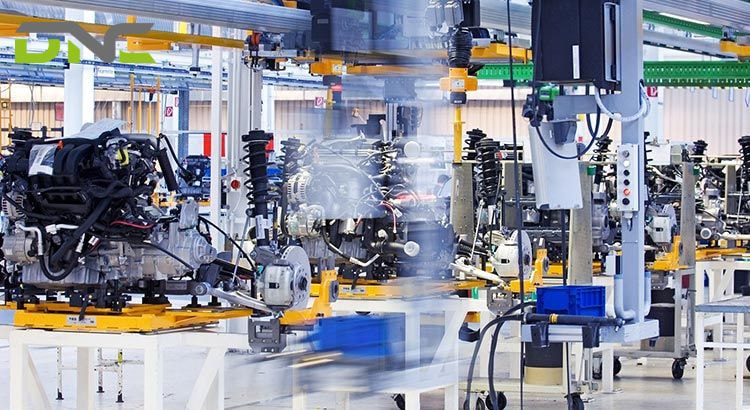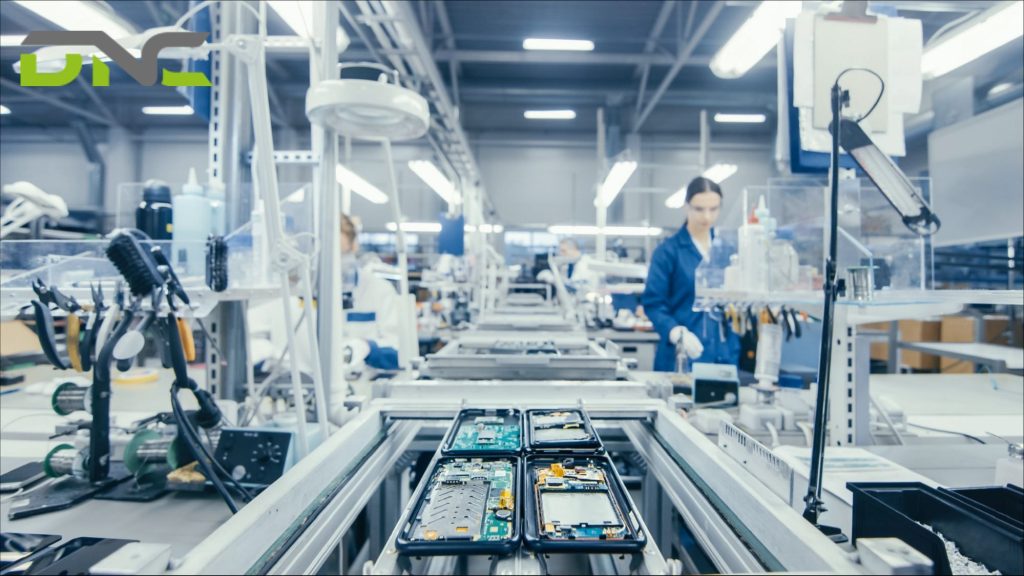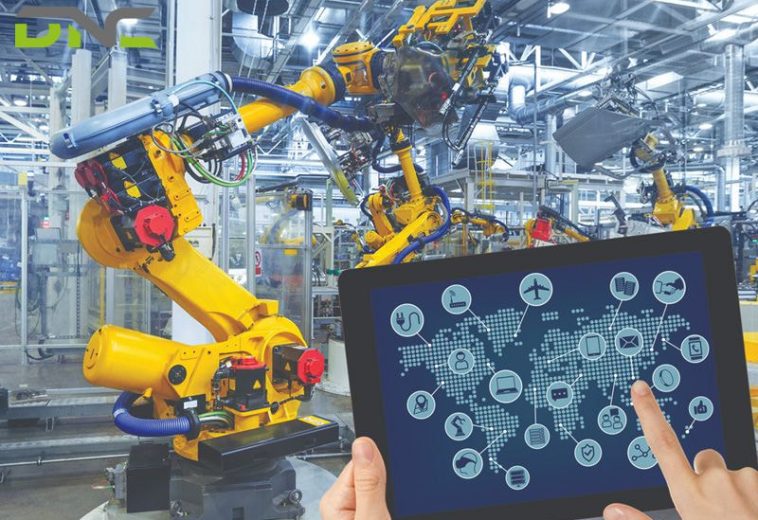Industrial automation solutions – Everything you need to know
What is industrial automation? Industrial automation solutions are reshaping the way businesses operate, offering smarter, faster, and more efficient production systems. In simple terms, industrial automation refers to the use of technology, machinery, and control systems to handle industrial processes with minimal human intervention.
Instead of relying solely on manual labor, companies adopt automation systems to increase productivity, improve safety, reduce operational costs, and achieve consistent product quality. From automotive assembly lines to food processing plants, automation is everywhere. It ensures that businesses can stay competitive in today’s demanding global market.
In this article, we’ll explore the fundamentals of industrial automation solutions: their key components, different types, the industries that benefit the most, and how to choose the best partner for automation.
What are the 5 basic components of an automated system?
Every automation system, regardless of size or complexity, is built on a foundation of essential components. Understanding these five fundamentals helps businesses evaluate, design, and implement appropriate automation solutions.
- Sensors and Input Devices: Sensors are devices that detect changes in the environment or production line, such as temperature, pressure, position, or motion. The input device then sends this information to the controller for processing.
- Controller (PLC, DCS, or Industrial PC): The controller acts as the “brain” of the automation system. Devices such as Programmable Logic Controllers (PLCs), Distributed Control Systems (DCSs), or Industrial PCs receive data from sensors, process it, and send commands to the actuators. This ensures precise control of processes in real time.
- Actuators and Output Devices: Actuators convert electrical signals into physical actions. They move parts, start motors, open valves, or perform other mechanical tasks. Without actuators, automation would not be able to interact with the physical world.
- Human-Machine Interface (HMI): HMIs are the communication bridge between humans and machines. Operators use HMIs to monitor system performance, adjust parameters, and troubleshoot problems. Modern HMIs often have user-friendly touchscreens and are integrated with real-time data visualization capabilities.
- Communication networks: Automation systems rely on robust communication protocols to connect all components. Industrial Ethernet, Modbus, Profibus, and OPC UA are common examples. These networks ensure a smooth flow of data between devices, allowing for coordinated and efficient operations.

What are the 5 basic components of an automated system
What industry is automation anywhere in?
Industrial automation solutions are not limited to one sector but extend to many other industries, each with its own benefits. Some of the major industries include:
- Manufacturing: The largest adopter of automation. From automotive assembly lines to consumer electronics, automation ensures mass production with consistency, speed, and minimal errors.
- Food & Beverage: Automation helps maintain hygiene standards, accurate dosing, packaging, and faster throughput. Automated systems minimize human-to-human contact, ensuring compliance with food safety regulations.
- Pharmaceuticals & Healthcare: Automation ensures accuracy in drug formulation, packaging, labeling, and logistics. In healthcare, robots are used for surgery, diagnostics, and testing.
- Logistics & Warehousing: Automated Storage and Retrieval Systems (AS/RS), picking robots, and conveyor solutions streamline supply chains, reduce labor reliance, and speed up order fulfillment.
- Oil & Gas & Chemicals: Automation enhances safety by monitoring hazardous environments and controlling complex processes with high precision.
- Energy & Utilities: Power plants, renewable energy systems, and utilities use automation for real-time monitoring, fault detection, and predictive maintenance.

What industry is automation anywhere in
What Are the Latest Trends in Industrial Automation Solutions?
As industries embrace digital transformation, automation is evolving with new technologies:
- Artificial Intelligence (AI) & Machine Learning: For predictive maintenance, process optimization, and data-driven decision-making.
- Digital Twins: Virtual replicas of physical systems that enable simulation, testing, and real-time optimization.
- Collaborative Robots (Cobots): Robots designed to work alongside humans safely, boosting flexibility in production.
- Industrial Internet of Things (IIoT): Connected devices and sensors that enhance real-time visibility and performance tracking.
- Green Automation: Energy-efficient systems that support sustainability and reduce carbon footprints.
- Cybersecurity in Automation: Protecting industrial networks from growing cyber threats
DNC Automation: A Trusted Company Providing Industrial Automation Solution
At DNC Automation, we don’t just provide technology—we deliver customized industrial automation solutions that empower businesses to thrive.
- Tailored Solutions: Whether it’s a manufacturing plant, warehouse, or energy system, we design automation that fits your exact needs.
- Comprehensive Expertise: From PLCs, HMIs, and SCADA systems to advanced robotics and IoT-enabled platforms, we cover all layers of automation.
- Proven Track Record: With years of experience in industrial automation, we’ve helped companies optimize productivity, reduce costs, and improve safety.
- Local Support: Unlike global giants, we offer dedicated consultation, integration, and after-sales support close to your operations.
When you partner with DNC Automation, you gain a future-ready automation system that grows with your business and keeps you ahead of the competition.
Conclusion
Industrial automation solutions are no longer a luxury—they are a necessity for businesses seeking growth, efficiency, and competitiveness. By understanding the core components, different types, and industry applications, companies can make informed decisions about adopting automation.
Whether you operate in manufacturing, logistics, pharmaceuticals, or energy, automation opens the door to higher productivity, cost savings, and innovation. The key lies in choosing the right solution and the right partner to support your journey toward smarter, more efficient operations.
As industries continue to evolve, automation will remain at the heart of digital transformation. Investing in the right industrial automation solutions today ensures your business stays ahead tomorrow.
- 26 views
- 0 Comment




Recent Comments